I know Mac Maharaj for two reasons. One is his ridiculously long name. I have a friend here in Canada called Santhirasegaram Gunathilagarajah who was a fighter with the Tamil Liberation Movement (Tamil Tigers) in Sri Lanka. We just call him Guna because his name is too long. He is a mechanical engineer but his friends like me know him for the great food he makes and sends to our families.
Guna even delivers the food to his friends for free. The way he cooks fish is something else. When I asked him who this Sathyandranath Ragunanan guy is, he checked it out and told me he is a South African citizen from a Sri Lankan background.
The other reason I know Mac Maharaj is because of the late Onyango Oloo the genius writer and blogger from Kenya with whom we worked in producing all sorts of media stuff from magazines like HAKI Kenya, Sauti Ya Kamukunji and on some of Kenya’s first progressive websites like Jukwaa and so many other works.
Mac Maharaj was born on the 22nd April 1935, the fourth of the eight children of Mr. and Mrs NR Maharaj of Newcastle, Natal. He matriculated at St Oswald’s School and enrolled for a BA degree at the University of Natal, Durban, as a part-time student.
Whilst at university, Maharaj served on the Students’ Representative Council, campaigned against the segregation of students, and supported the boycott of the separate graduation ceremonies held at the time. In addition, he edited the students newspaper, Student Call, from 1955-56. Maharaj completed his BA in 1955. In 1956 the ‘Non-European’ section of the university opened an LLB faculty where he completed his first year. However, the faculty closed down in 1957.
Following the arrests of Congress leaders for the 1956 treason trial, Maharaj was asked to take over the running of the New Age newspaper. He decided to leave for the United Kingdom in August 1957, as he was unable to obtain a permit to study law in the Cape or Transvaal. In 1959 he became a part-time student at the London School of Economics where he began his LLB again.
In 1960, following the Sharpeville massacre, the Congress movement asked him to return to South Africa and devote himself more fully to political work. He returned on 2 May 1962 with his first wife, Ompragash.
Maharaj worked for a firm of attorneys in Johannesburg whilst spending a great deal of his time on political matters. In July 1964, he was arrested in Johannesburg, charged, and convicted with four others on charges of sabotage in what became known as the Little Rivonia trial. Maharaj was sentenced to 12 years imprisonment, which he served on Robben Island. Whilst in prison, he completed a B.Admin, an MBA, and the second year of a B.Sc degree before his release on 8 December 1976.
On his release, Maharaj was served with a five-year banning order prohibiting him from leaving his Merebank, Durban, home at night. His wife had left the country in 1974 on an exit permit and was living in London.
Maharaj was refused permission to take up employment in central Durban and could therefore not earn a living. Following instructions from the ANC, he left South Africa in July 1977 and was deployed by the organisation in Lusaka. A senior official in the political department of the ANC, Maharaj was elected to its national executive committee at the 1985 Kabwe Conference.
From 1987 to 1990, Maharaj worked underground within South Africa, as part of Operation Vula. Following the unbanning of the ANC and the South African Communist Party, he had to leave the country and re-enter legally under an indemnity from prosecution, agreed to between the ANC and the government.
On his return, he assisted in the organisation and restructuring of the SACP. He appeared at a press conference with then-SACP general secretary Joe Slovo when it was announced that the party would be relaunching as a legal body in July 1990.
At this launch, held on 29 July 1990, it was announced that Maharaj was a member of the SACP’s central committee, and he was also named as a member of the party’s 22-person interim leadership group.
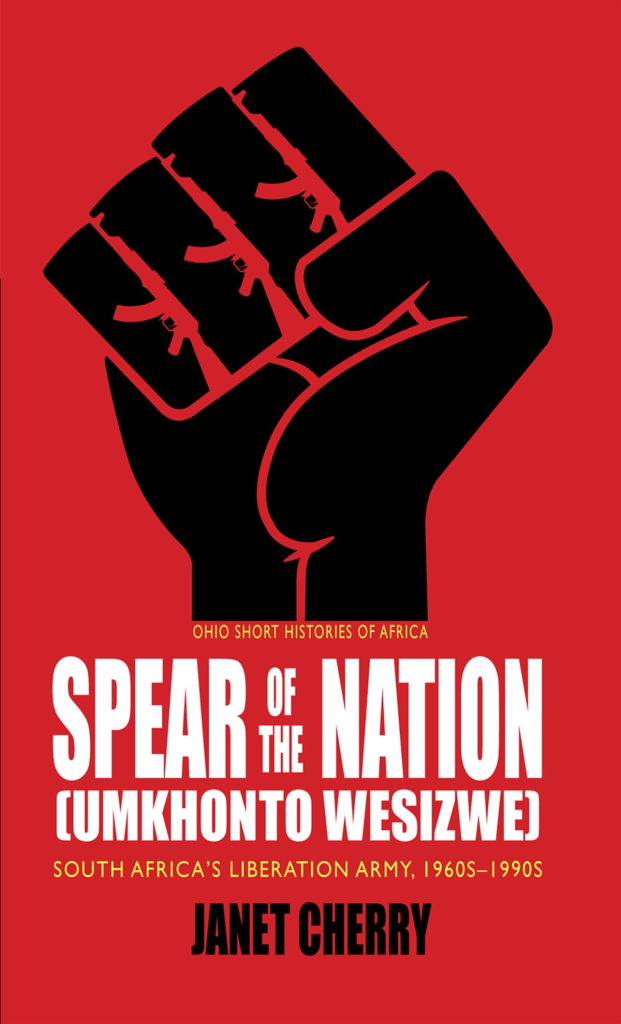
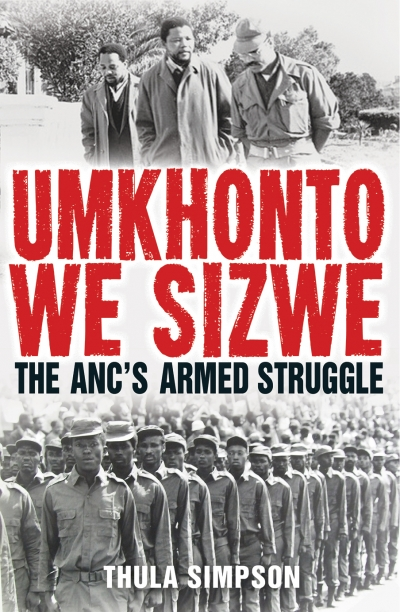
On 26 July 1990, just three days before the launch of the Party, security police detained Maharaj in Johannesburg under section 29 of the Internal Security Act, following police allegations of an ANC/SACP/ Umkhonto we Sizwe plan (codenamed Operation Vula) to seize power in the event of the failure of the ANC negotiations with the government.
Initially charged under the Arms and Ammunition Act, additional charges were later added. In October 1990, Maharaj and eight others were charged with terrorism and, alternatively, illegal possession of arms, ammunition, and explosives. It was alleged that they had conspired to create a national underground network to recruit, train, arm, and lead a ‘people’s army’ or ‘revolutionary army’ to seize power from the government by means of an armed insurrection.
The accused were released in November 1990 on bail, and all charges were dropped on 25 March 1991 after the accused received partial indemnity with respect to Operation Vula. In 1990, Maharaj announced his retirement from the central committee of the ANC.
At the ANC’s national congress held in Durban during July 1991, Maharaj became a member of the secretariat of the Convention for a Democratic South Africa (Codesa), which brought together most South African political organisations to negotiate a new constitution dispensation.
So why is Mac Maharaj important to Kenya now? It is because of the way he helped to navigate the peace process to help the then South African President F.W de Klerk negotiate the end of apartheid with Nelson Mandela who had just been released from Robben Island prison where Mac Maharaj had also been for a long time.
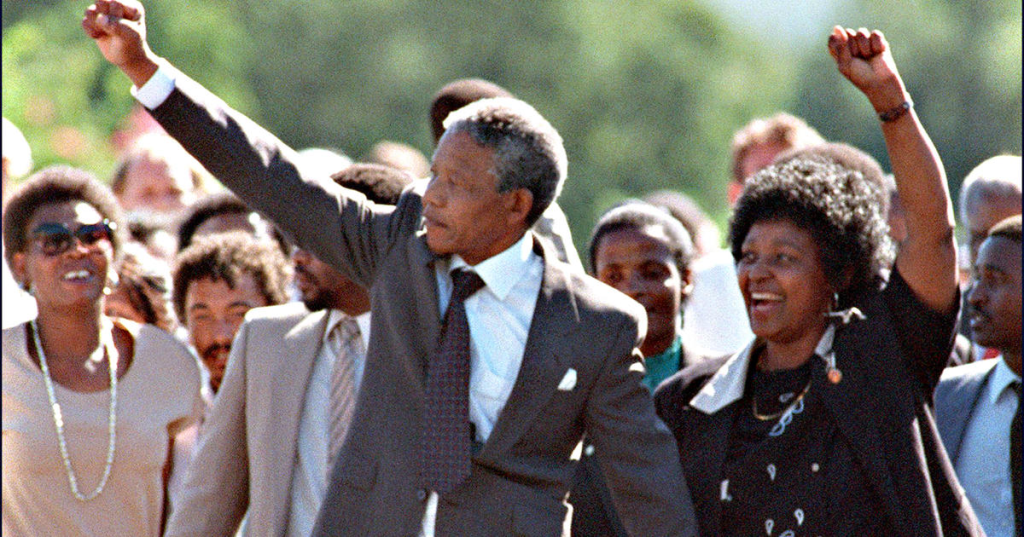
Two months after Mandela’s release there were plans for talks with de Klerk on April 11, 1990, but after that deal was made South African police carried out a massacre of Anti-Apartheid activists in a town called Sobokeng. After that, all possibilities of peace talks were canceled.
That is when the ANC and SACP launched Operation Vula which was to have a full-scale armed resistance against apartheid in South Africa. The commander in chief of that operation was Mac Maharaj who was in London at the time. He was also sick with liver problems. But he had to go, and actually got arrested when he got there but the whole operation structure was in place and both F.W de Klerk and Mandela knew that either the push for a peace talk and kill apartheid or it was going to be a total war in the country.
From 1985 to 1990 just before South Africa liberated itself from Apartheid, Chris Hani and his comrade Mac Maharaj run the Operation Vula which successfully smuggled South African freedom fighters from all over the world back into the country to launch the military operation which forced F.W de Klerk then Apartheid president of South Africa to sit down with Nelson Mandela and set the plan to burry Apartheid into its rightful grave.
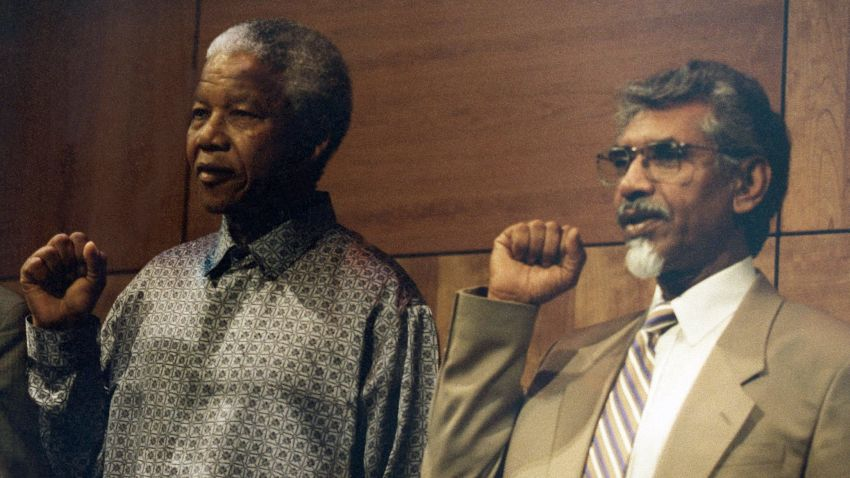
Here is one of the most unsung heroes of the South African struggle, Mac Maharaj one of the architects of Operation Vula which he told the CNN in an interview later, saved South Africa from a bloody war because they suppressed the Apartheid forces who were planning to unleash a blood bath after de-Klerk freed political prisoners in 1990. Operation Vula brought military resistance to Apartheid forces on the ground and they forced de-Klek to the negotiating table with Mandela.
Now back to Kenya after that long journey to South Africa. Our country is at a point where we either get real peace negotiators to put the country together or we are headed for a complete destruction of the country. There are no two ways about it and that is pretty obvious. Do we have some Mac Maharaj type of leadership in Kenya? People who can say if it is a complete war we are ready for it and if it is a complete peaceful settlement of issues we are ready for that too.
South Africa faced that issue in 1990. The country knew they could live under a Mandela presidency. Some people were scared of that but Mandela was the best choice for everyone.
The one person the entire apartheid regime was scared off was the Umkhonto we Sizwe boss, Martin Thembisile Chris Hani.
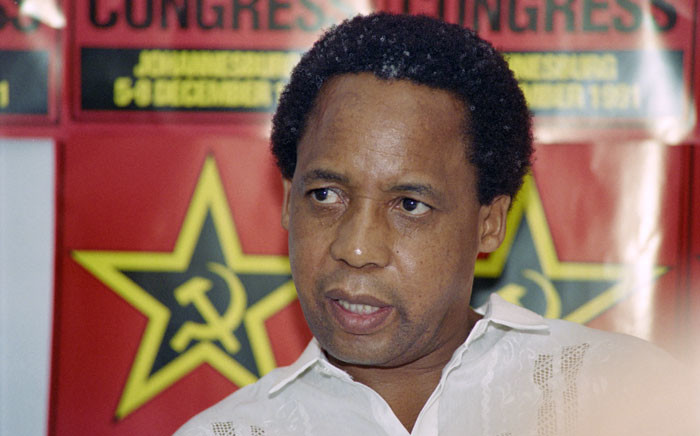
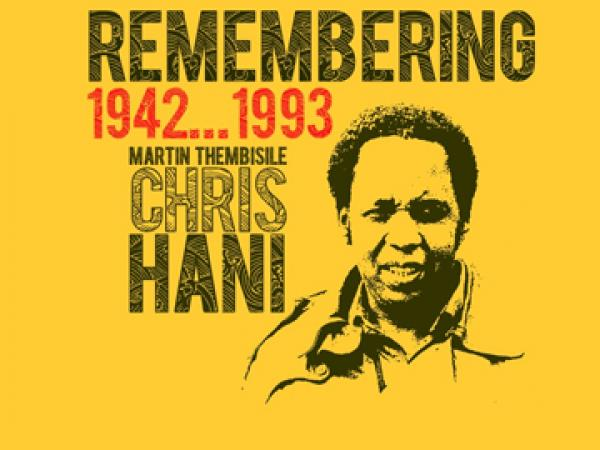
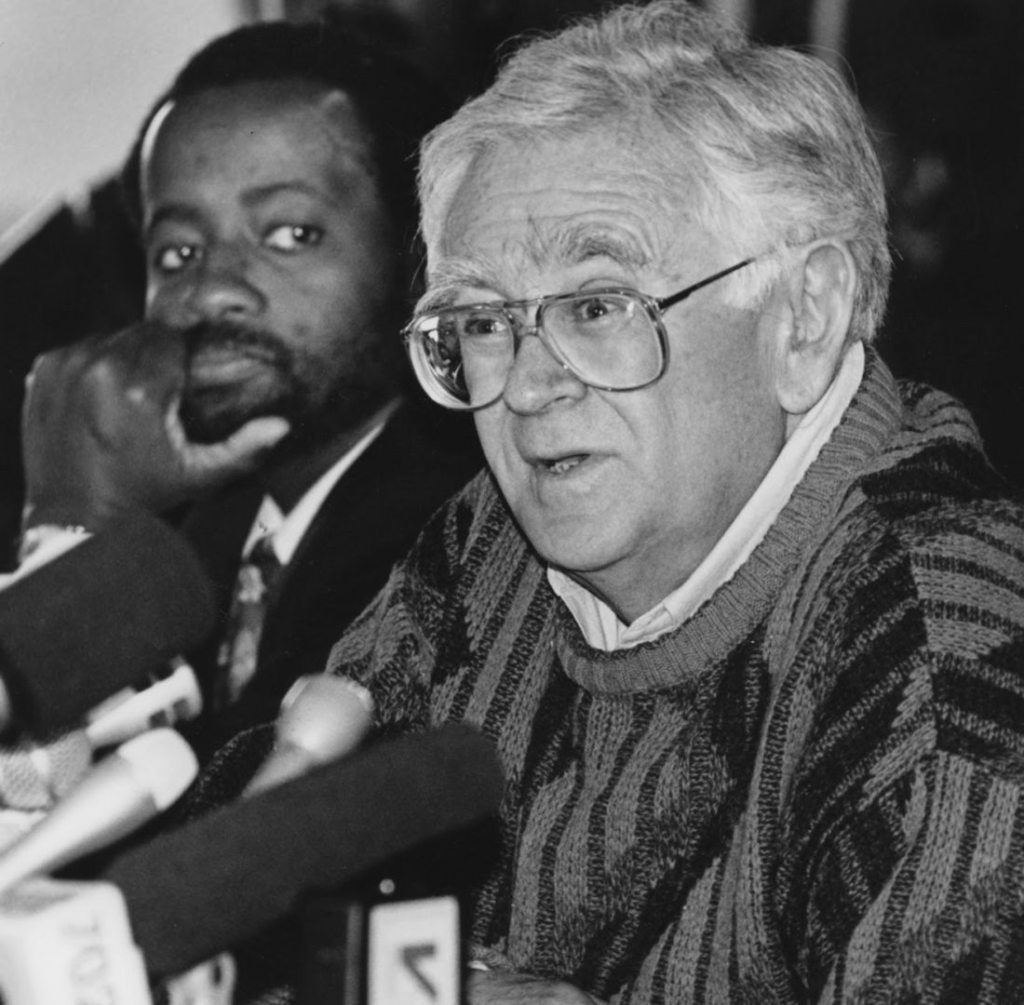
Joe Slovo, the leader of the South African Communist Party was a key part of the network to go to total war against apartheid but they agreed if something can be worked between the South African government and Mandela to end apartheid they will accept it and they did. That is how you save bad situations from exploding.
The one thing the white supremacist rulers and indeed the whole Western world agreed on was that Chris Hani should never ever be the president of South Africa. Soon after Mandela became the president Chris Hani was assassinated right in front of his house because the powers that be knew that he would be the next president after Mandela. That had to be stopped by all means.
Nelson Mandela had to work magic after the fascist racists killed Chris Hani to avoid a civil war in the country, but because it was Mandela he was able to pull it off.
Now in Kenya, we need some leadership and backbone to get the country back to normal. Those yelling and screaming in the media are not doing our country any favours. Now is the time we need the likes of Sathyandranath Ragunanan “Mac” Maharaj in our country. That is why I brought his story up. Thank you very much.












